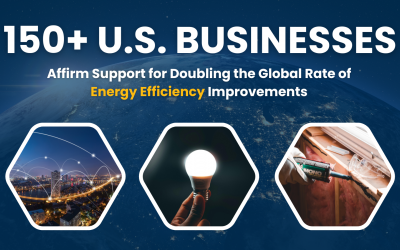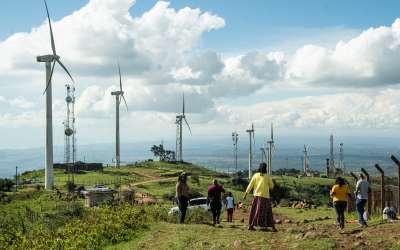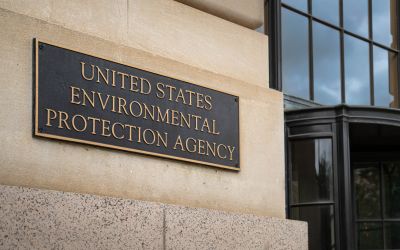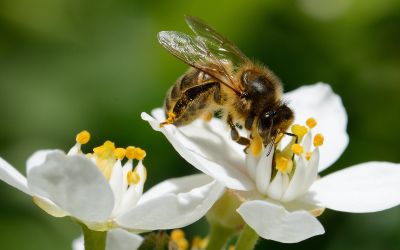Global Plastic Treaty Talks Reach Pivotal Moment in Geneva
As world leaders gather for the final round of UN negotiations, hopes are high that the INC-5.2 summit will deliver a breakthrough agreement to curb plastic pollution across its entire lifecycle.
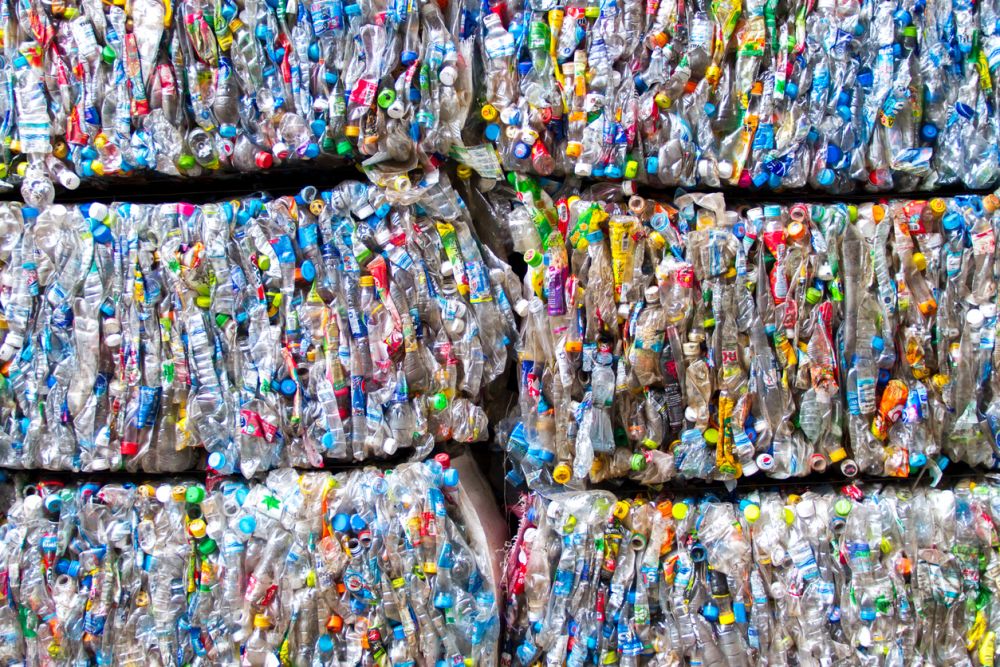
World leaders are currently reconvening in Geneva from 5-14 August for a final round of negotiations that could shape the future of plastic use across the globe. The meeting, known as INC-5.2, marks what many hope will be a turning point in efforts to deliver a legally binding international treaty aimed at ending plastic pollution.
Plastic has become one of the defining materials of the modern world. It is lightweight, versatile, and used in everything from medicine to packaging. But its rapid rise has come at a staggering cost to the planet. Today, over 460 million tonnes of plastic are produced annually, with at least 20 million tonnes leaking into the environment each year and only 9% being successfully recycled. According to the OECD’s last ‘Global Plastics Outlook’ released in 2022, modelling projections suggest that under current policies, by 2060:
- The use of plastics could almost triple globally, driven by economic and population growth. While OECD countries are projected to double their plastics use, the largest increases are expected in emerging economies in Sub-Saharan Africa and Asia.
- Plastic waste is also projected to almost triple by 2060, with half of all plastic waste still being landfilled and less than a fifth recycled.
- Plastic leakage to the environment is projected to double to 44 million tonnes (Mt) a year, while the build-up of plastics in aquatic environments will more than triple, exacerbating environmental and health impacts.
- Other environmental impacts through the plastics lifecycle are also projected to increase, mostly due to the plastics production phase. Greenhouse gas emissions from the plastics lifecycle will more than double, from 1.8 gigatonnes of carbon dioxide equivalent (Gt CO2e) to 4.3 Gt CO2e. A range of other plastics lifecycle impacts, including for instance ozone formation, acidification, and human toxicity are also projected to more than double.
Negotiators from more than 170 countries are attempting to bridge significant divides over the scope and ambition of a potential global treaty. Some nations are pushing for strict limits on plastic production and a phase-out of harmful chemicals, whilst others advocate for a narrower focus on waste management and recycling.
The talks build on a 2022 UN resolution that called for a comprehensive agreement covering the entire lifecycle of plastics, from design and production to disposal and reuse. But with previous rounds ending without consensus, the upcoming session will be critical in deciding whether the world can unite behind a shared vision for tackling one of the most pressing environmental challenges of our time.
Scientists, civil society groups, and industry voices are calling for bold, enforceable measures. Advocates argue that without strong action, plastic pollution will continue to harm ecosystems, contribute to climate change, and threaten human health, with microplastics now found everywhere from the ocean floor to the food we eat.
As Geneva hosts these pivotal talks, the world will be watching closely. The outcome of INC-5.2 may determine whether we continue down the path of ever-growing plastic pollution or take the first real step toward a cleaner, more sustainable future.
Check the Live Daily Schedule for updates from INC-5.2

